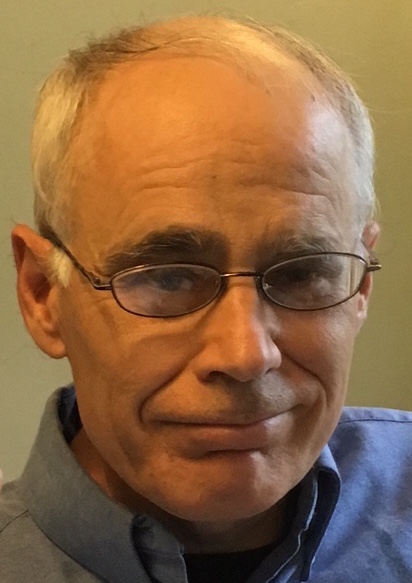The institutions that create and distribute money in our nation and throughout much of the world are diseased.
Monetary systems are supposed to ensure that economies are healthy, just and sustainable. They shouldn't benefit the 1% at the expense of the rest of us.
The COVID-19 pandemic has exposed and worsened the inherent crises in our medical and economic system. The same is true of our monetary system, which in its own right is as invisible, harmful and widespread as the virus, but was unjust, unsustainable and undemocratic long before the first cough, sneeze, or breath from a coronavirus-infected person occurred on US shores.
The Federal Reserve System, our nation's central bank, composed of 12 Regional Reserve Banks, creates money out of thin air -- as do all commercial banks across the country.
The Fed will be issuing money in the current crises by literally entering numbers in bank accounts of some corporations as loans and to other corporations to purchase assets, mainly corporate bonds. The Fed will create the money and decide the major corporate recipients of the trillions. It will also dole out an additional several hundred billion dollars from the government's recent stimulus bill to large corporations.
A return to economic "normalcy" post COVID-19 won't happen and shouldn't be our goal. Now is the time to organize for economic and political systemic change, including a democratized money system that will serve the interests of people and communities over those of Wall Street and other financial interests.
===
The U.S. Constitution (Art 1, Sec 8) authorizes Congress to "coin" (a verb) money. Money creation, along with spending and taxes, are the three major economic tools of the federal government. Federal spending and tax policies (which receives the most public attention) repeatedly favor the super rich and corporations - including the several trillion dollars worth of bills recently passed by Congress. Monetary policies are different. They not only favor the rich and corporations. The corporations are the decision-makers.
Without a shot being fired or tanks rolling into the nation's capital, corporate interests pulled off a financial corporate coup with passage of the 1913 Federal Reserve Act - capping a century long struggle between banksters and the public over who (or what) should have the right to have their hand on our nation's money spigot. Previous efforts to privatize/corporatize money creation were beaten back when both the corporate charters of the private First National Bank (1811) and Second National Bank (1836) weren't renewed.
The Federal Reserve System is largely a private/corporate network - more beholden historically to its Regional Banks and their banking corporation members than to the public.
All new money in our nation, minus coins, is created by banks out of thin air with only a small percentage, if any, of deposits to back them up. Most of the new money is interest-bearing loans for homes, vehicles, business creation/expansion, etc., which is debt. New money is also used to buy Treasury bonds and other securities, which is also debt.
Let this sink in. Congress can only literally nickel and dime the issue of money creation. Our government currently cannot create money as an asset - unable to use one of its three constitutional financial tools to respond to our unprecedented economic crisis that is decimating individuals, small business, local and state governments, and the larger economy. The creation and distribution of money by banks is the most economic and democratically damaging form of privatization/corporatization in our society.
Robert Hemphill, former Credit Manager of the Federal Reserve Bank of Atlanta, chillingly described decades ago this reality:
We are completely dependent on the commercial Banks. Someone has to borrow every dollar we have in circulation, cash or credit. If the Banks create ample synthetic money we are prosperous; if not, we starve. We are absolutely without a permanent money system. When one gets a complete grasp of the picture, the tragic absurdity of our hopeless position is almost incredible, but there it is. It is the most important subject intelligent persons can investigate and reflect upon. It is so important that our present civilization may collapse unless it becomes widely understood and the defects remedied very soon.
Banks' legal authority to create money as debt led to loans for speculative stock investments in the 1920's, the subsequent stock market crash and the Great Depression. It resulted in bank lending for risky mortgages in the late 1980's that banks mixed together, what they called "securitized," with AAA ratings and sold off to unsuspecting investors that eventually crashed - causing massive losses of money and homes, but also billions for bank bailouts during the Great Recession. Senator Dick Durbin's refreshingly honest observation explained the reason for the bank bailouts: "And the banks -- hard to believe in a time when we're facing a banking crisis that many of the banks created -- are still the most powerful lobby on Capitol Hill. And they frankly own the place."
(Note: You can view every article as one long page if you sign up as an Advocate Member, or higher).






